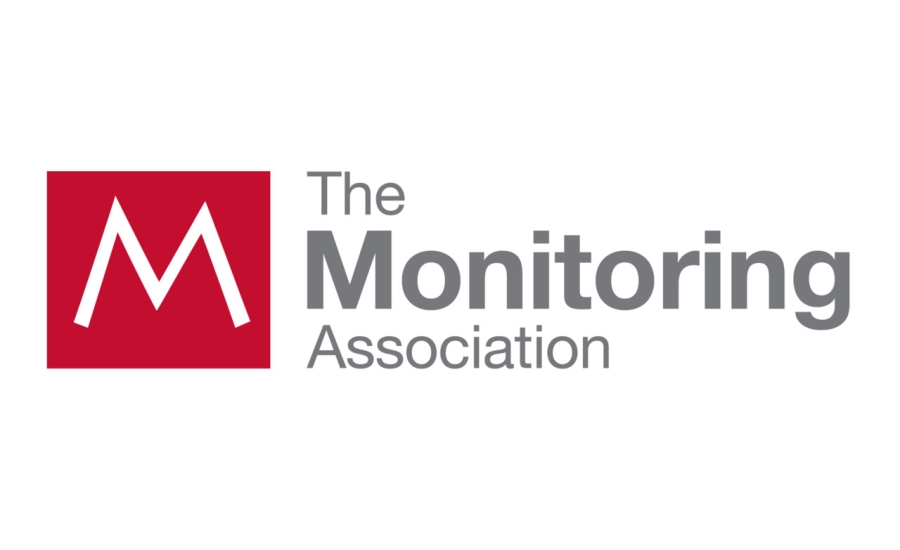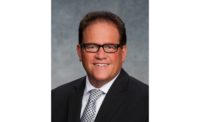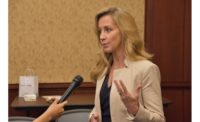The Monitoring Association (TMA) recently announced a call to action to its members, urging increased TMA member participation in codes and standards development that impact the security and fire alarm industries.
TMA strategy is to grow member participation to assure their interests are well represented when standards language that impacts TMA members is deliberated. As part of increasing participation, TMA is working with NFPA to place a representative on the Protected Premises chapter of NFPA 72, The National Fire Code. TMA’s focus on increasing participation on National Fire Protection Association (NFPA) standards, includes raising member attendance at the June 2018 NFPA annual meeting.
“Codes and standards that we need to pay attention to are written by several standards development organizations such as the International Standards Organization, Underwriters Laboratories (UL) and of course NFPA,” said Jay Hauhn, executive director and CEO, The Monitoring Association. “We certainly have many members, both central station operators and manufacturers that sit on many standards development committees. However, it simply makes strategic sense to grow our involvement.”
Hauhn offered an example of why an active TMA is so important: “Language was added to the 2016 edition of NFPA 72 that facilitated a municipality’s ability to prohibit UL-listed Central Stations from monitoring commercial fire alarms in the municipality. What is key here is that UL-listed central stations are the gold standard for alarm monitoring. ‘Central station’ is a term that is defined very specifically by UL, and there are stringent rules about what you need to do to be a UL-listed central station.”
Hauhn explained that the code is now worded so that a central station can monitor fire alarms only if it is approved by the authority having jurisdiction (AHJ). “Basically, the current wording requires you to get approval to use the premier method of monitoring fire alarms, while a monitoring facility that only conforms to a lower standard is allowed.” Hauhn said TMA (then CSAA) attempted to have the language overturned at NFPA’s 2015 annual meeting, but lost the vote.
“We are now in cycle for the 2019 edition of NFPA 72,” Hauhn said. “One of our members made a proposal to remove the language that requires UL-listed central stations to get specific approval. The committee responsible for the section of the code with the subject language rejected the proposal.” He said, “We plan once again to try to have it reversed by bringing it to a vote at the June 2018 NFPA annual meeting in Las Vegas.”
Hauhn emphasized that this is not an attempt to usurp AHJ authority. “It is very unusual for a higher level of performance to be blocked, while allowing a lesser service. It may also raise issues about fair competition. The call to action that we distributed is asking those who are involved in fire protection services to attend the NFPA convention and participate in the process that reviews this.”
TMA’s ultimate goal, Hauhn described, “is to get more members who are knowledgeable fire protection and physical security professionals involved in applicable codes and standards activities.”
Hauhn continued, “Part of the program strategy with respect to fire protection is to have members attend the NFPA convention, see what’s going on within NFPA, attend educational sessions, and participate in the technical meeting. Again, it’s an effort to get more people involved across the industry in the many processes that directly affect fire and security professionals.”
Hauhn emphasized, “Only by participating, can we assure that our members have influence in the processes designed to ensure the public is provided with the best life safety and security services possible.”




